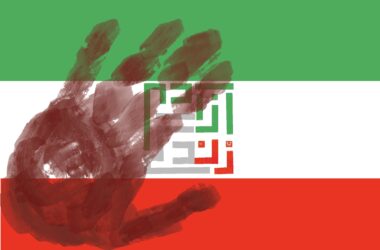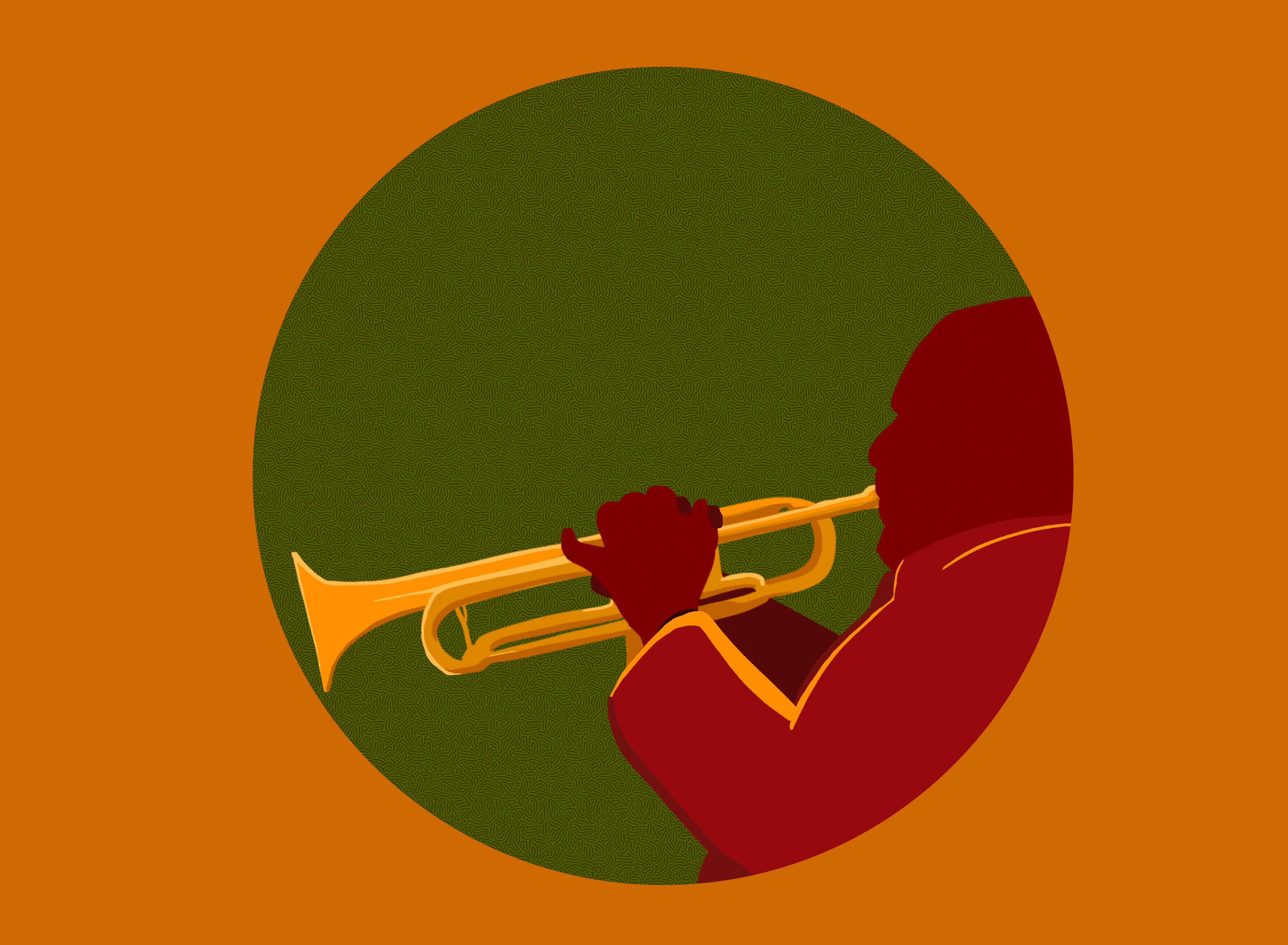This Valentine’s Day, the Centre for Gender Advocacy and The Native Women’’s Shelter of Montreal’’s Iskewu Project co-hosted their annual memorial march and vigil in honour of Montreal’s Day of Action for Missing and Murdered Indigenous Women, Girls, and Two-Spirit People (MMIWG2S+).
With the Canadian government offering little more than mere lip service to the MMIWG2S+ crisis, marching Montrealers demanded tangible action, remembrance, and broader awareness. The ongoing national inquiry into MMIWG2S+ has resulted in countless studies highlighting that colonial and patriarchal policies were sources of intergenerational trauma, which in turn cause Indigenous women to be overrepresented among those missing and murdered. However, the government, universities, and other institutions have taken minimal action to address its roots, and in some cases—such as McGill’s ongoing legal battles with the Kanien’keha:ka Kahnistensera (Mohawk Mothers) over McGill’s New Vic Project—actively aggressed Indigenous communities.
The federal government’s initiatives to tackle the MMIWG2S+ crisis include a crisis line for those affected or in need of assistance, closely mirroring Quebec’s recent $900,000 CAD investment into a phone support line for Indigenous domestic violence survivors, an issue distinct from MMIWG2S+ yet deeply rooted in similar systemic challenges.
The funding will be directed by the Espace Femmes Premières Nations Québec (EFPNQ) and Femmes Autochtones du Québec to offer over-the-phone hotline services in French, English, and several Indigenous languages, through which survivors can seek help in instances of intimate partner violence. Given that Indigenous women are about 3.5 times more likely to experience intimate partner violence than non-Indigenous women, this investment represents a crucial step.
However, 363 First Nation communities across Canada still lack standard cellular services, limiting the efficacy of this program and underscoring the need to address the deep roots of the Indigenous intimate partner violence crisis. Canada’s history of settler colonialism, the persistence of colonial dynamics in legal frameworks, and the residential school system, which only ended in 1996, form webs of intergenerational trauma and sow general distrust in Canadian systems among Indigenous peoples. With these previous and ongoing violences in mind, skepticism of a phone line and associated resources funded and distributed by the government is natural.
Given the chronic underfunding of resources for survivors of intimate partner violence, such as Quebec’s appalling shortage of shelter space that led to 3,300 women getting turned away last year, a phone line initiative may well be part of the solution. However, immediate crisis response, although crucial, must be accompanied by preventative systemic change that tackles domestic violence before it occurs, effectively breaking intergenerational cycles. Additionally, it is imperative that solutions, including this hotline, are culturally- and community-informed, possessing sensitivity to the diversity of individuals under the Indigenous umbrella and offering resources both on- and off-reserve.
Given the Canadian Government’s 46.6 per cent rate of inaction on its proposed initiatives to tackle the MMIWG2S+ crisis in 2023, the government must transform its current approaches to supporting Indigenous survivors of domestic violence. High grocery prices in Indigenous communities (potentially worsened by U.S. tariffs), inadequate healthcare systems, and flaws in foster care systems merely scratch the surface of environmental conditions that stand in the way of what would otherwise be a terminable cycle of violence.
McGill, as both an educational and research institution, has the responsibility to foster a generation of academics and future leaders who will fight for meaningful policy changes to end the crises and violence Indigenous communities face. The university can use its own endowment to fund research on Indigenous domestic abuse and create scholarship on anti-Indigenous systemic racism—for example, by expanding the current Indigenous Studies Program to include a major. Additionally, McGill must serve as a model through its own reporting systems, which have been chronically undervalued and underfunded despite their cruciality. In the face of budget cuts, McGill must demonstrate continued commitment to supporting survivors of intimate partner violence, and to educate on Indigenous history and culture. Creating spaces on campus for discourse will mobilize the next generation to become involved in programming like the MMIWG2S+ march and vigil last week, fostering an engaged student body that will participate in community movements and initiatives to support Indigenous peoples.









